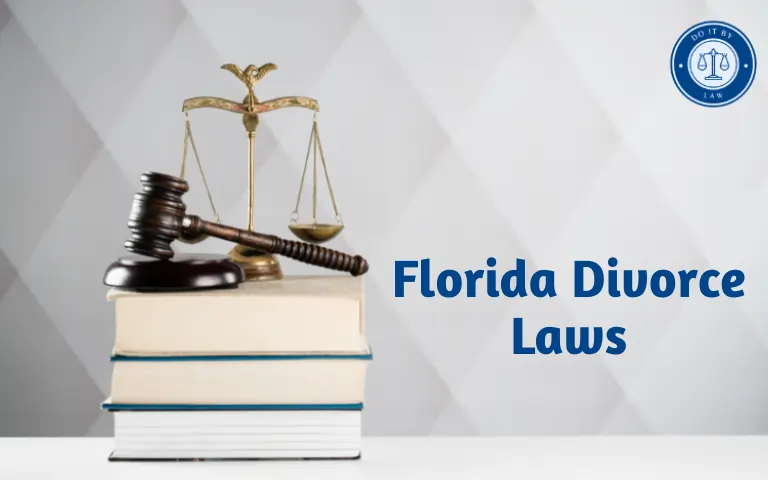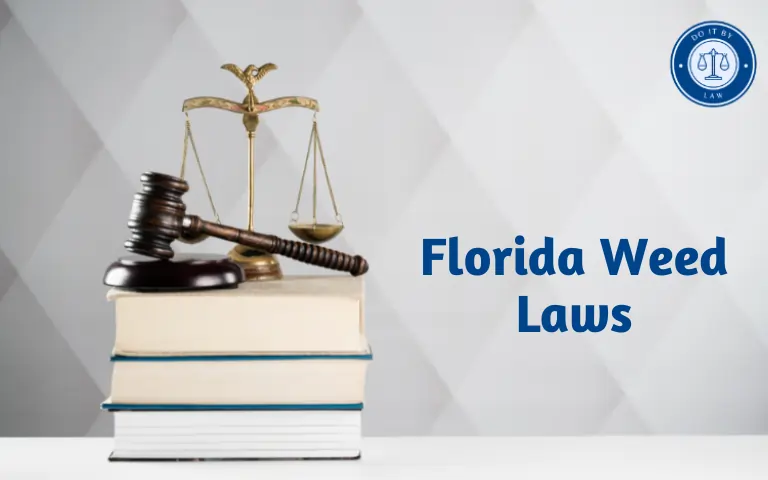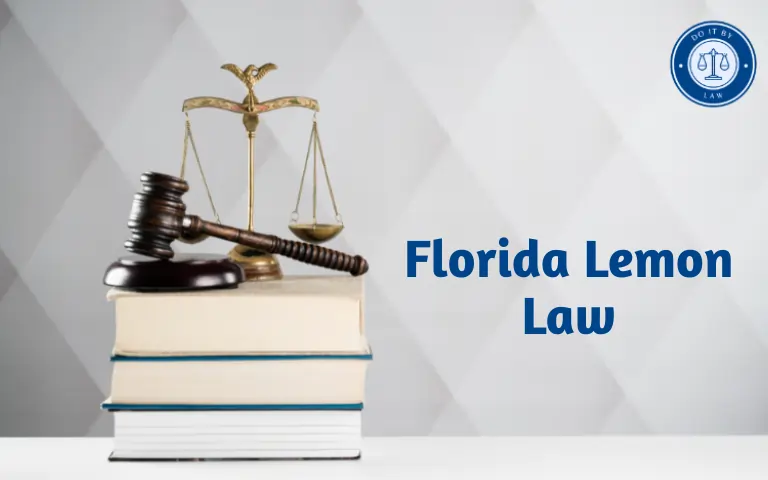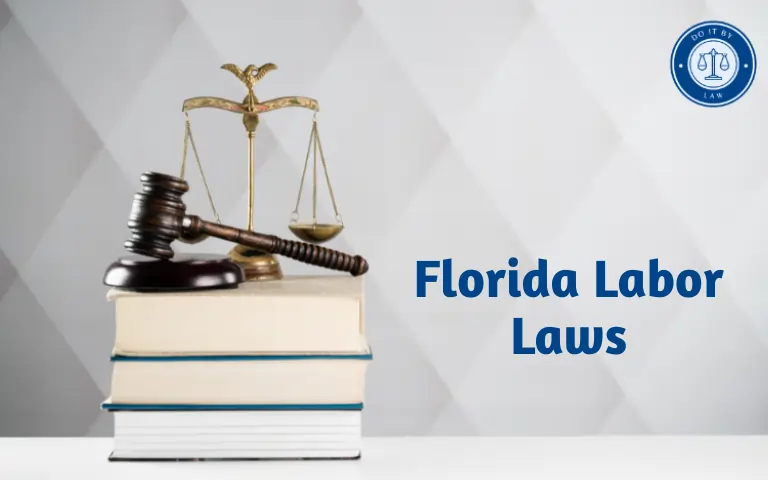Florida Divorce Laws: What You Need to Know
Getting a divorce in Florida can be a complicated process with many legal considerations. This article provides an overview of Florida Divorce Laws, including when they were enacted, who they apply to, key provisions, penalties, recent changes, controversies, and frequently asked questions.
When Were Florida Divorce Laws Enacted?
Florida’s divorce laws have evolved. The state legislature first introduced divorce laws after Florida became a U.S. territory in 1822. At the time, divorces could only be granted by the legislative council rather than the courts.
In 1835, Florida enacted laws allowing circuit courts to grant divorces on fault-based grounds like adultery, desertion, and domestic violence. Florida’s divorce laws underwent major reforms in 1971 with the introduction of “no-fault divorce.”
Spouses could now file for divorce without proving fault or wrongdoing by either party. The law has been subsequently updated, but “no-fault divorce” remains the foundation of Florida’s divorce system today.
Who Do Florida Divorce Laws Apply To?
Florida’s divorce laws primarily apply to legally married couples, but with some potential exceptions and nuances:
Legally Married:
- Married couples: Anyone legally married in Florida (or another state and residing in Florida) is subject to the state’s divorce laws if they seek to dissolve their marriage.
- Same-sex couples: Since the Supreme Court ruling in Obergefell v. Hodges (2015), same-sex marriage is legal in the United States, including Florida. Therefore, these couples also fall under the state’s divorce laws.
Exceptions and Nuances:
- Common-law marriages: Florida does not recognize common-law marriages. So, couples living together without a formal marriage certificate wouldn’t go through the same legal process as married couples to separate assets or address child custody.
- Pre-nuptial agreements: These agreements, if valid and enforceable, can supersede certain aspects of Florida’s divorce laws concerning asset and debt division.
- Military couples: Active-duty military members have access to the Uniformed Services Former Spouses’ Protection Act (USFSPA), which may affect certain aspects of the divorce process, like alimony and property division.
Additional notes:
- Residency requirement: At least one spouse must have resided in Florida for at least six months before filing for divorce in the state.
- Simplified dissolution: Couples meeting specific criteria (no minor children, agreed-upon terms) can opt for a simplified dissolution process with fewer legal requirements.
Please remember: This information is general and doesn’t constitute legal advice. For specific inquiries or guidance related to your situation, it’s crucial to consult with a qualified legal professional familiar with Florida’s divorce laws.
Key Provisions of Florida Divorce Laws
Here are some of the key provisions of Florida divorce laws:
General:
- No-fault divorce: Florida follows a no-fault divorce system, meaning neither party needs to prove fault for the marriage’s demise. You only need to demonstrate the marriage is “irretrievably broken.”
- Residency requirement: At least one spouse must have been a Florida resident for six months before filing for divorce.
Division of property:
- Equitable distribution: Marital assets and debts are divided equitably, not necessarily 50/50. The court considers several factors, including each spouse’s contributions, financial needs, and length of marriage.
- Separate property: Assets owned by one spouse before the marriage or inherited separately remain their separate property.
Child custody and support:
- Best interests of the child: The primary concern is the best interests of the child. The court may award sole custody to one parent, shared custody, or another arrangement.
- Child support: Both parents are generally responsible for financially supporting their children. The amount is calculated based on a formula considering the parents’ income, the child’s needs, and other factors.
Alimony:
- Limited to specific situations: Unlike pre-2023 rules, alimony is now awarded only in “limited circumstances,” primarily based on need and duration of marriage.
- Factors considered: The court considers each spouse’s financial needs, income, earning capacity, length of marriage, and standard of living during the marriage.
Other provisions:
- Simplified dissolution: Available for couples with no minor children, agreed-upon terms, and short marriages.
- Mediation: Encouraged before litigation to potentially reach mutually agreeable solutions.
- Attorney representation: While not mandatory, it’s highly recommended due to the complexities of divorce law.
Important note: This summary is for general informational purposes only and does not constitute legal advice. For specific questions or guidance regarding your situation, it’s crucial to consult with a qualified attorney specializing in Florida divorce law.
Penalties for Violating Florida Divorce Laws
In Florida, violating a court order issued within a divorce can lead to various penalties depending on the nature of the violation. While these are not considered criminal penalties, they are serious consequences enforced by the court to ensure compliance with the agreed-upon terms. Here are some key points:
Types of Violations:
- Disobeying Child Custody Orders: This includes withholding visitation, violating time-sharing schedules, or relocating with the child without prior approval. Consequences could include makeup time with the other parent, modification of custody arrangements, fines, or even contempt of court charges.
- Failing to Pay Child Support: Consistent, willful non-payment can lead to wage garnishment, driver’s license suspension, interception of tax refunds, and potential jail time.
- Breaching Alimony Agreements: Not fulfilling alimony obligations as per the court order can result in wage garnishment, liens on assets, or contempt of court charges.
- Hiding Assets or Income: Attempting to obscure financial information during the divorce proceedings or violating property division rulings can lead to fines, sanctions, or even having to return hidden assets.
- Fraudulent Activity: Lying under oath or providing false information during the divorce process can be considered perjury, a criminal offense with severe consequences.
Penalties:
- Fines: The court can impose monetary penalties ranging from small amounts to significant sums depending on the severity and impact of the violation.
- Contempt of Court: This is a serious charge that can lead to incarceration for defying a direct court order. The duration of imprisonment varies based on the judge’s discretion and the nature of the violation.
- Modification of Agreements: The court may modify child custody, alimony, or property division arrangements in favor of the compliant party as a consequence of the violation.
- Attorney’s Fees: The violating party may be responsible for covering the other party’s legal fees incurred due to the violation.
Remember:
- These are just some general examples, and the specific consequences depend on the details of each case.
- It’s crucial to consult with a qualified attorney specializing in Florida family law for accurate guidance and representation in case of any violation or potential violation.
It’s always best to comply with court orders and seek legal advice if unsure about any aspect of your divorce agreement.
Recent Changes to Florida Divorce Laws
Some notable recent changes to Florida divorce laws include:
- Starting in July 2022, the minimum duration of marriage required to receive alimony increased from 7 to 10 years. The maximum alimony duration decreased.
- A 2021 law established a rebuttable presumption that equal time-sharing with both parents is best for children. This impacts parenting plans.
- Laws enacted in 2022 and 2023 changed formulas for calculating alimony amounts and duration caps based on the length of the marriage.
- The allowable duration of permanent alimony was abolished for divorces finalized after 2022. All alimony awards now have limits.
- A 2023 law required courts to consider accusers to be acting in good faith when determining parental responsibility if they claim abuse by the other parent.
Controversies and Challenges Related to Florida Divorce Laws
Alimony Reform:
- The 2023 alimony reforms have been subject to debate, with some arguing they unfairly disadvantage stay-at-home spouses and disproportionately affect women. Critics claim the law limits necessary financial support, particularly for long-term marriages with significant income disparity.
- Supporters counter that the reform prevents long-term alimony dependence and encourages self-sufficiency for both parties. They argue it reduces litigation and encourages fairer outcomes for both spouses.
Equitable Distribution:
- The subjectivity of “equitable distribution” can lead to disputes and dissatisfaction. Factors like marital misconduct or hidden assets can create complexities and challenges in determining a fair division of property.
- Some critics argue for a more standardized approach, while others emphasize the need for flexibility to consider individual circumstances.
Child Custody Issues:
- Determining the “best interests of the child” can be subjective and contentious, leading to lengthy custody battles and emotional distress for children. Concerns exist about potential gender bias and lack of mental health evaluations in some cases.
- Additionally, parental alienation tactics used by one parent to turn the child against the other raise concerns about manipulative behavior and its impact on child development.
Accessibility and Cost:
- The cost of legal representation can be a significant barrier for some individuals, particularly those with limited financial resources. This can create an uneven playing field and limit access to fair legal representation.
- Efforts to promote mediation and alternative dispute resolution (ADR) aim to offer more affordable options, but concerns remain about navigating complex legal issues without professional guidance.
Challenges for Military Families:
- The interplay between state divorce laws and the USFSPA can create additional complexities for military families undergoing divorce. Issues like property division, spousal support, and child custody can involve unique jurisdictional challenges.
Overall, Florida’s divorce laws, like those in many states, face ongoing debate and require consistent evaluation to ensure fairness, accessibility, and protection for all individuals involved.
Frequently Asked Questions
Conclusion
Florida divorce laws have undergone significant changes in recent years, especially regarding alimony. Both men and women face controversies regarding custody rights and alimony protections during a divorce. Florida’s no-fault divorce system aims to make the divorce process less adversarial, but disputes remain regarding asset division, spousal support, and child-related considerations. Understanding the key provisions, recent reforms, and areas of controversy is essential for navigating the complex legal process of divorce in Florida.






